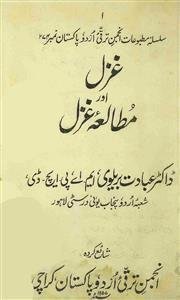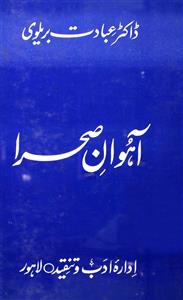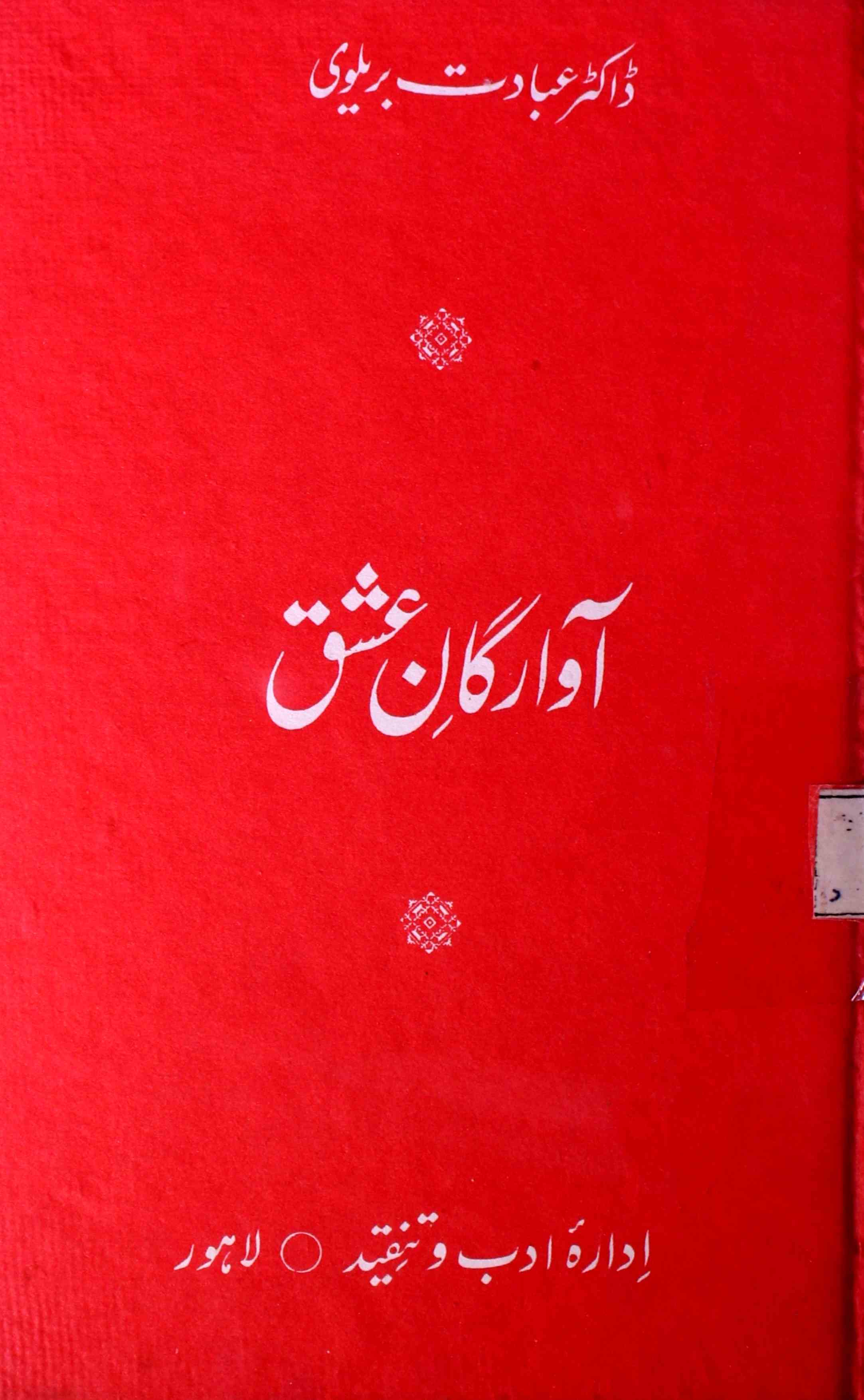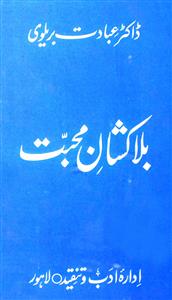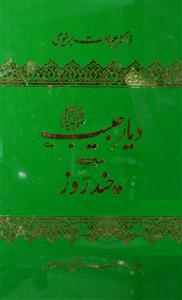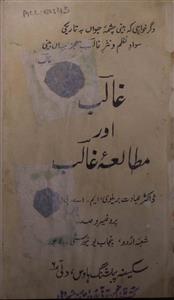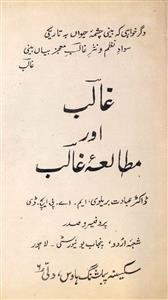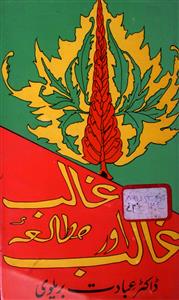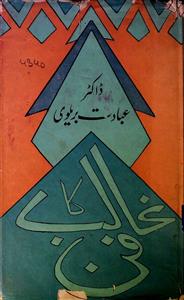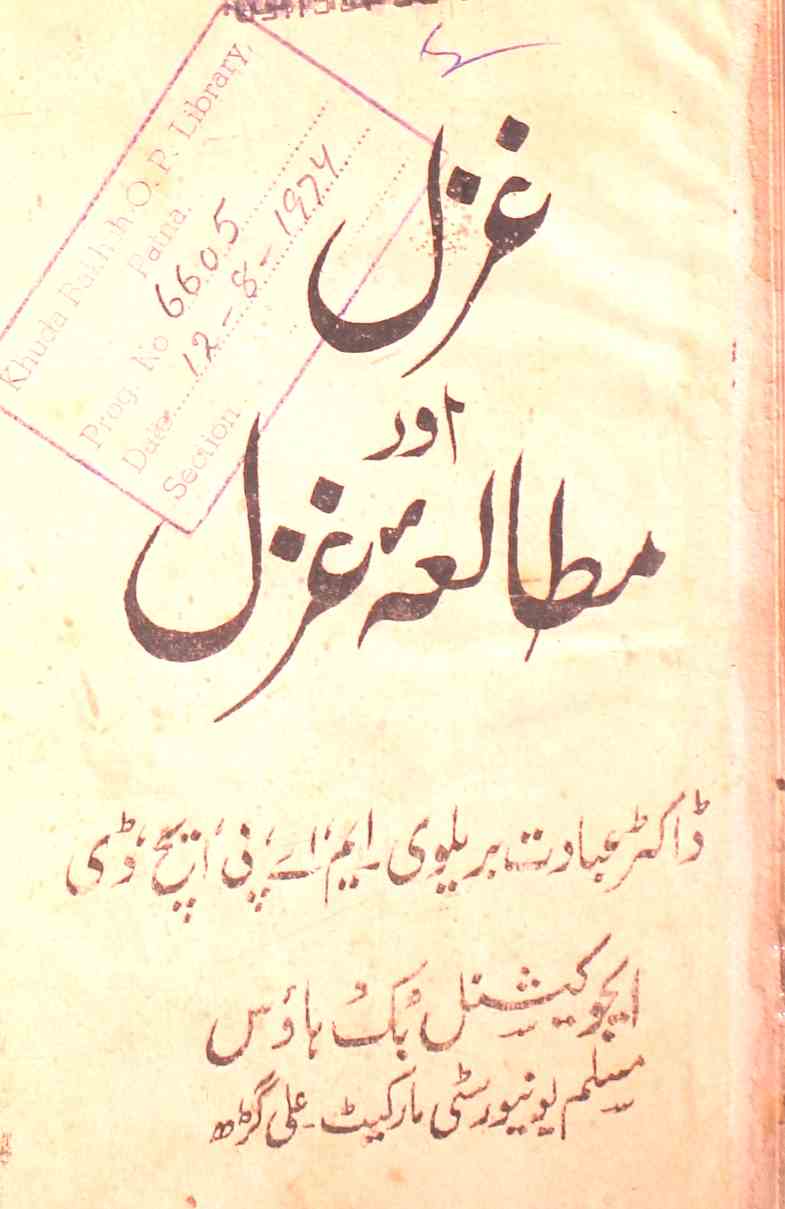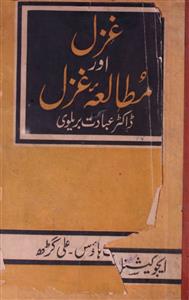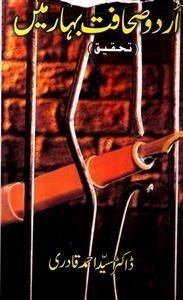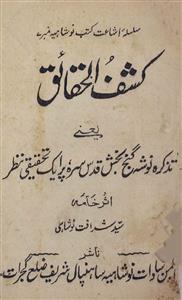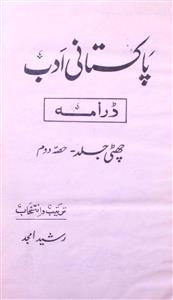 For any query/comment related to this ebook, please contact us at haidar.ali@rekhta.org
For any query/comment related to this ebook, please contact us at haidar.ali@rekhta.org
About The Book
غزل اردو شاعری کا سب سے بڑا سرمایہ ہے ۔ غزل پر بہت زیادہ یلغار ہوئی لیکن اب تک وہ اپنی تابانی کے ساتھ جگمگارہی ہے ۔ غزل کی تہذیب اور اردو تہذیب ساتھ ساتھ چلتی ہے ۔جس طرح تہذیب کروٹ لیتی ہے اسی طریقے سے غزل بھی اپنا رنگ بدلنے کی کوشش کر تی ہے۔ غزل پر لوگوں نے بے پناہ توجہ دی، کبھی بھی اس صنف سخن کو بے یار و مدد گار نہیں چھوڑا لیکن اس کے باوجود تنقیدی طور پر جتنی توجہ دی جانی چاہیے تھی (اس کتا ب کے لکھے جانے تک )نہیں دی جاسکی ہے ۔ اس پر بھر پور گفتگو کرکے اس کے صحیح مقام و مرتبے کو متعین نہیں کیاجاسکا ۔ ایسی کوئی کوشش نہیں ہوئی جس میں غزل کے جمالیاتی و افادی پہلو کے خد وخال کا درست اندازہ ہو۔ایسا بھی نہیں ہے کہ غزل پر گفتگو نہیں ہوئی ہو بلکہ اس کے بنیادی اصول کے سمجھنے اور سمجھا نے کی کوشش ہمیشہ سے رہی ہے ۔ کلاسیکی غزل ، دبستان دہلی کی غزل ، دبستان لکھنوکی غزل ، خارجیت و داخلیت، جدید غزل ، جدیدیت کی غزل اور مابعد جدید یت کی غزل، ہر ایک پرجزوی طور پر بات ہوئی ہے لیکن اس کتاب میں انہوں نے کلی طور پر بات کرنے کی کوشش کی ہے ۔اس کتاب میں صنف غزل ، غزل اور تغزل ، غزل کا جمالیاتی پہلو، اردو غزل کا تنقیدی مطالعہ ، جدید اردو غزل ، غزل کے جدید رجحانا ت ، اردو غزل میں ہیئت کے تجربے اور غزل کے مستقبل پر تنقید ی و فلسفیانہ گفتگو ہے ۔ غزل کا فنی مطالعہ کر نے والوں کے لیے یہ کتاب بہت اہمیت رکھتی ہے ۔
About The Author
Ebadat Barelvi was born on August 14, 1920. After completing his education, he took up teaching. The first Anglo-Arabic college was established in Delhi but after the partition of the country it had migrated to Pakistan. There, he became associated with Oriental College, Punjab University in Lahore and later became the President of the Department of Urdu. He also became the Dean of the Faculty of Arts. He retired from University of Punjab as Principal of Punjab University Oriental College, Lahore and Chair Department of Urdu after attaining the age of superannuation on August 13, 1980. He has also taught at Ankara University, Turkey and the School of African Oriental Studies in London.
Ebadat is a renowned critic and researcher of Urdu. Some of his books have been in the curriculum of various universities in India and Pakistan. This is one of the reasons for his fame. His contribution to Urdu criticism is unparalleled. Some of his works include, “Urdu Tanqiid Ka Irtiqa”, “Tanzqiidi Zawiye”, “Ghazal Aur Mutalla-e-Ghazal”, “Jadiid Urdu Adab”, “Mir Taqi Mir”, and many more. He did not compile any school of criticism. Nor did he enter into the task of composing poetry. He is concerned with descriptive analysis. In such an analysis, from the initial stages of a genre to the evolutionary stages are all discussed.
He does not maintain their relationship with the layered complexity of literary issues, but deals with them on a spiritual level in such a way that the literary contexts that are usually on the surface become clear. He does not make their critical approach cumbersome but adopt the popular method of analysis. Usually, a critic infuses his knowledge in his analysis in such a way that the reader becomes tangled in the complex psychology of the expression, but Ebadat does not weigh in his writings with such a load of knowledge. He is a master of simplifying everything.
His studies on Mir and Ghalib are considered far-reaching. He has tried to look at and understand these poets in a slightly different way. It seems that he is trying to give a clear direction to his criticism and also that he is trying to look at the internal affairs of his subjects. But these writings were works of his final days. Dr. Ebadat Barelvi died on December 19, 1998 at the age of 78.
 For any query/comment related to this ebook, please contact us at haidar.ali@rekhta.org
For any query/comment related to this ebook, please contact us at haidar.ali@rekhta.org
Write a Review
Jashn-e-Rekhta 10th Edition | 5-6-7 December Get Tickets Here
